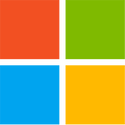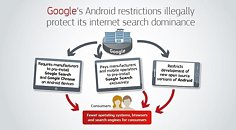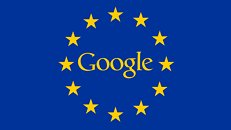
Intel Receives €515.55 Million Interest Payment in EU Antitrust Case
The European Commission has paid Intel €515.55 million ($536 million) in interest following the partial annulment of a 2009 antitrust fine. The payment comes after the General Court of the European Union overturned most of the original €1.06 billion penalty in 2022, leaving only €376 million of the fine intact. The court's ruling found significant flaws in the Commission's economic analysis of Intel's market practices between 2002 and 2007. At issue were Intel's volume-based rebates to computer manufacturers, which the Commission had claimed prevented fair competition with AMD in the x86 processor market. The General Court determined that regulators failed to adequately demonstrate the anti-competitive effects of these pricing strategies. EU antitrust commissioner Teresa Ribera confirmed the interest payment, which reimburses Intel for capital held by regulators during the 13-year legal proceedings.
The case began in 2009, with the Commission ruling that Intel had used its market position to restrict competitor access through targeted rebate programs in years prior. Intel challenged this decision in 2014, leading to multiple appeals before the 2022 judgment. The resolution establishes new parameters for proving anti-competitive behavior in the EU's tech sector oversight. The court's emphasis on rigorous economic analysis impacts ongoing and future competition cases, particularly regarding evaluating complex pricing mechanisms in the technology sector. The payment concludes one of the EU's longest-running competition law cases, though Intel continues to face regulatory scrutiny in multiple jurisdictions. The case's outcome has prompted discussion about the Commission's approach to economic evidence in competition proceedings and the duration of EU antitrust investigations. At the time of financial issues, more than half a billion US Dollars will help Intel resolve internal crises significantly.
The case began in 2009, with the Commission ruling that Intel had used its market position to restrict competitor access through targeted rebate programs in years prior. Intel challenged this decision in 2014, leading to multiple appeals before the 2022 judgment. The resolution establishes new parameters for proving anti-competitive behavior in the EU's tech sector oversight. The court's emphasis on rigorous economic analysis impacts ongoing and future competition cases, particularly regarding evaluating complex pricing mechanisms in the technology sector. The payment concludes one of the EU's longest-running competition law cases, though Intel continues to face regulatory scrutiny in multiple jurisdictions. The case's outcome has prompted discussion about the Commission's approach to economic evidence in competition proceedings and the duration of EU antitrust investigations. At the time of financial issues, more than half a billion US Dollars will help Intel resolve internal crises significantly.


























































